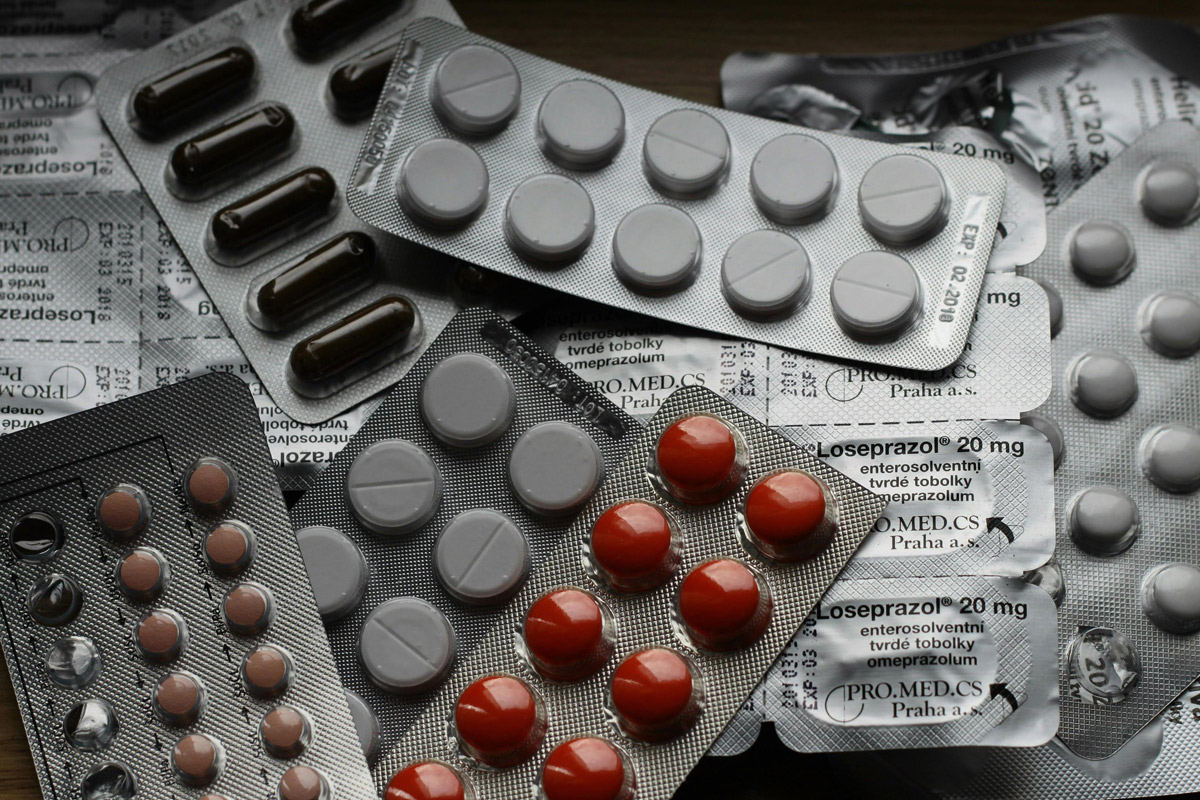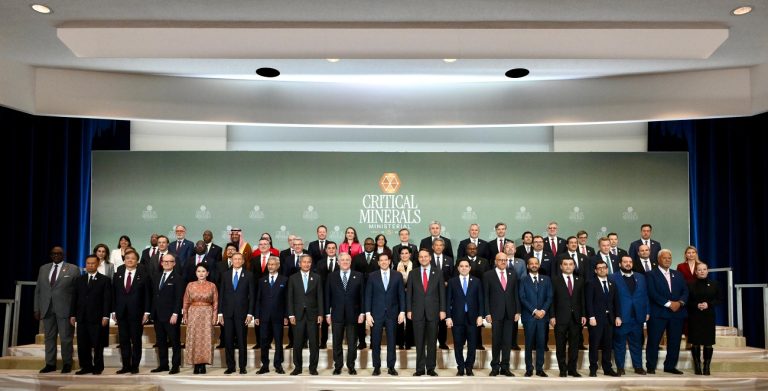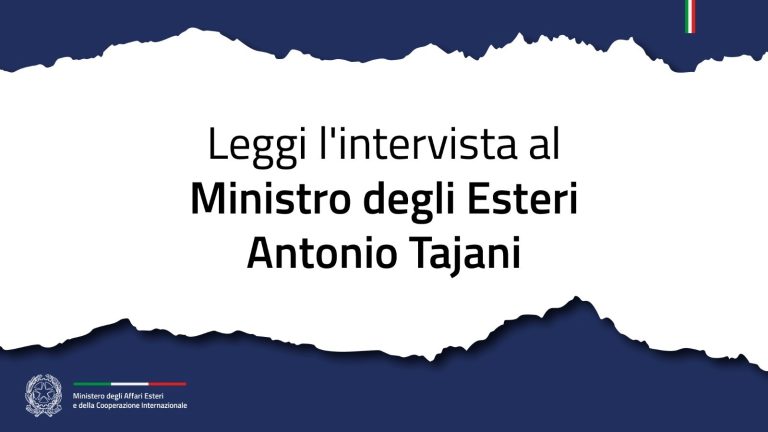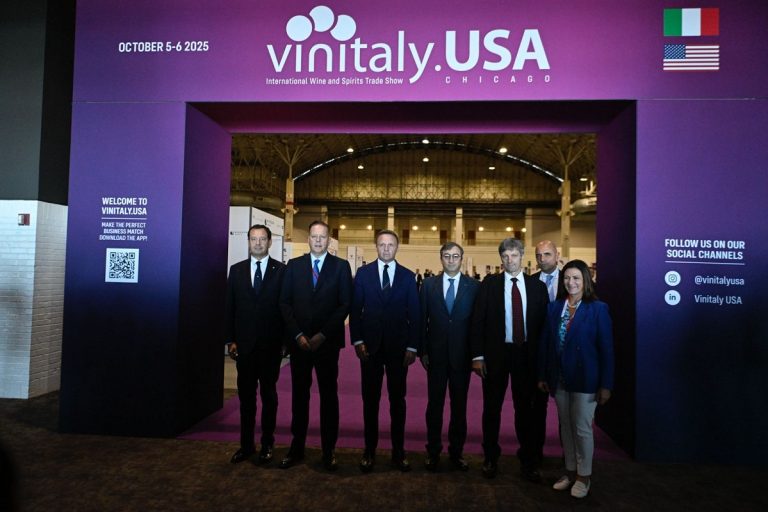The US Administration has enacted two Executive Orders aimed at making medicines more affordable for citizens and strengthening the domestic pharmaceutical industry.
The first measure introduces the principle of the “most favoured nation price” for prescription drugs. According to the Administration, pharmaceutical companies charge significantly lower prices abroad than in the United States in order to remain competitive. The order also includes measures to facilitate direct sales to patients, penalise anti-competitive practices, and assess—on a case-by-case basis—the possibility of increasing imports of safe, lower-cost medicines from developed countries.
The Executive Order also tasks the Secretary of Commerce and the US Trade Representative with taking action against discriminatory or unfair trade practices, such as artificially low pricing policies abroad, which may pose a risk to national security.
The second Executive Order seeks to boost domestic pharmaceutical manufacturing capacity by removing regulatory barriers that delay the construction and expansion of production facilities. The Administration considers that lengthy approval times for new plants are largely due to complex regulations, frequent inspections, and burdensome authorisation procedures, which act as a disincentive to investment. Accordingly, the US Food and Drug Administration (FDA), the Environmental Protection Agency (EPA), and other relevant agencies have been instructed to review their regulations within six months, with a view to removing redundant requirements and accelerating approval processes.
The order also enhances FDA oversight of foreign manufacturing sites, which will henceforth be subject to unannounced inspections, in the same manner as domestic facilities. The objective is to eliminate disparities in the treatment of domestic and foreign producers, while reinforcing the FDA’s role in safeguarding public health and the security of pharmaceutical supplies.
As regards the potential introduction of tariffs on imported medicines, industry associations have voiced strong concern. They argue that such measures could undermine the complex global pharmaceutical supply chain, negatively affecting prices, medicine availability, and access to healthcare.
These associations have therefore called for medicines to be excluded from any tariff-related provisions, stressing that reinforcing domestic production will require time. In addition, the imposition of tariffs could impact public health programmes such as Medicare and Medicaid, which would face higher costs for essential treatments.
Nevertheless, several leading companies in the sector—including Gilead, Johnson & Johnson, Roche, Bristol Myers Squibb, Eli Lilly, Novartis, AbbVie, Merck, Regeneron, Amgen, and Abbott—appear to have responded positively to the Administration’s initiatives, announcing significant investments to expand their manufacturing and research presence in the United States.






